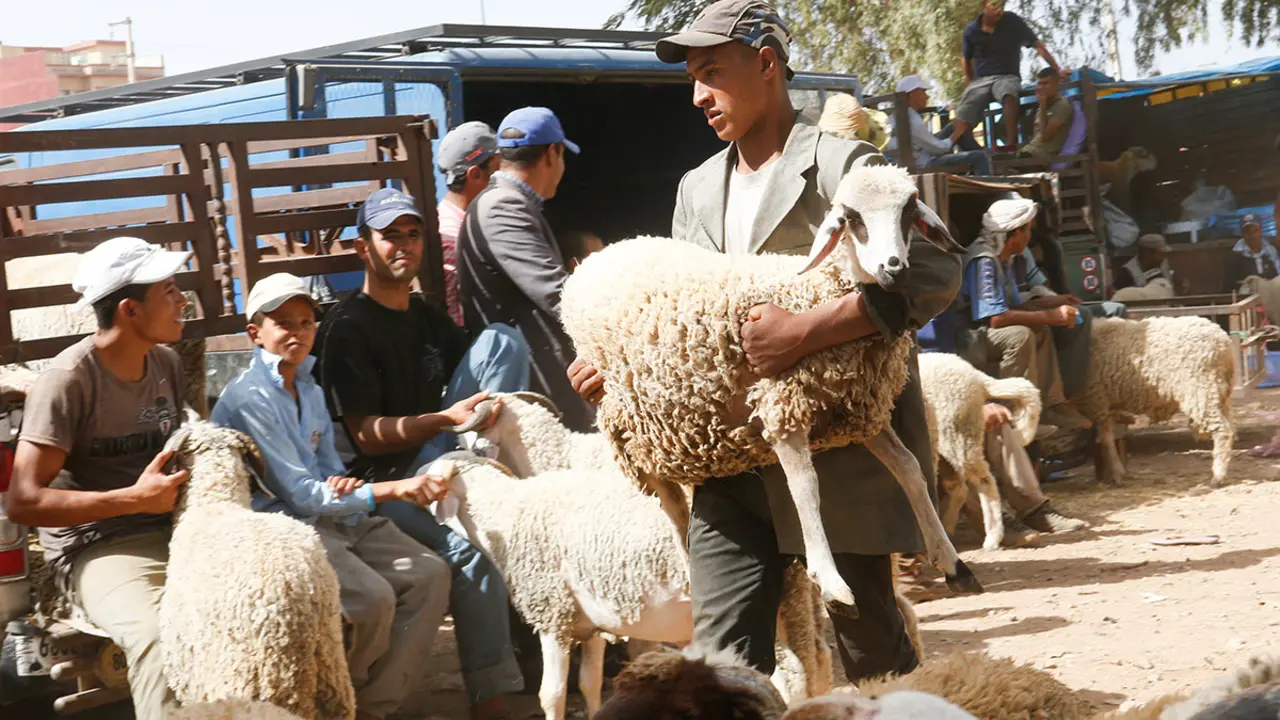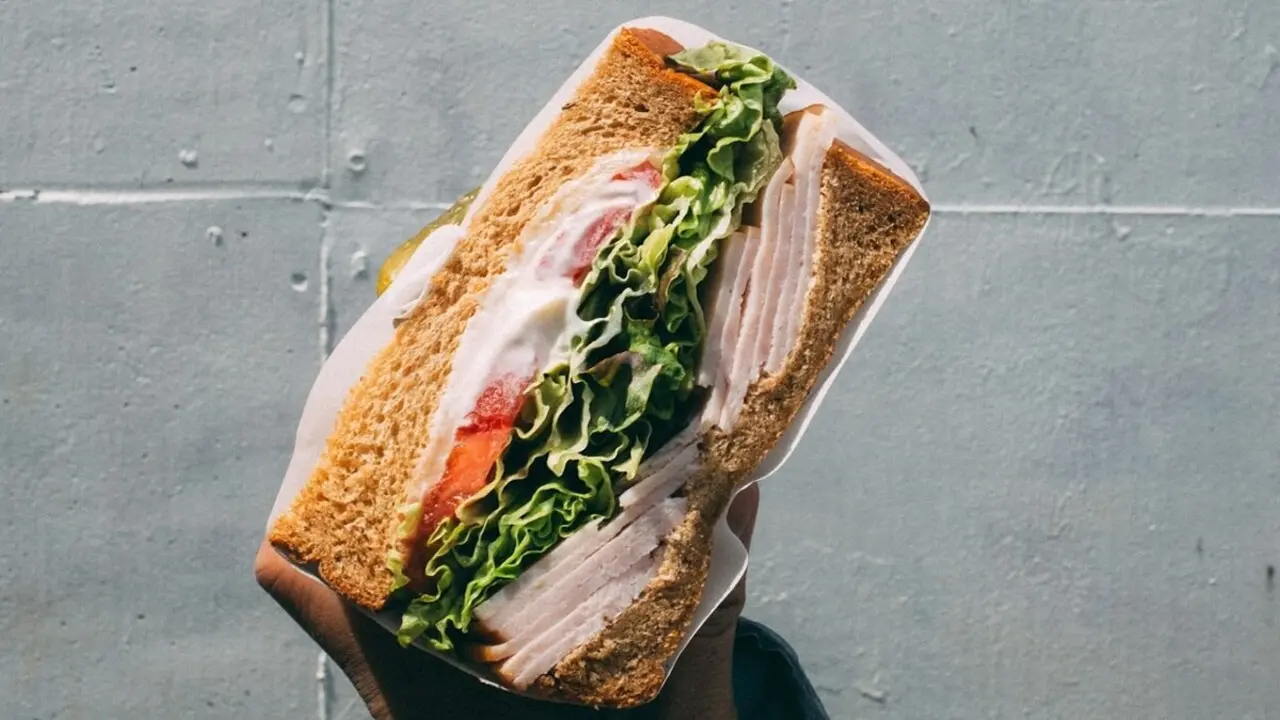Sharing a 1,400 km border with China and no coronavirus deaths: the case of Vietnam

The Southeast Asian country has 270 confirmed cases of COVID-19 and no deaths have yet been reported. These figures have attracted the attention of the international community, since it shares a large part of its borders with China, the country where the outbreak of the coronavirus originated. In addition, Vietnam is not one of the richest countries in Asia and is not in a position to carry out massive testing programmes, as South Korea, for example, can do, as it has already assessed almost 340,000 people.
Therefore, not having enough resources, and with a population of 95 million people, Vietnam opted for another strategy. As early as February 1, it launched a series of initiatives to address the spread of the pandemic. It suspended all flights to and from China, closed schools and imposed a 21-day quarantine in Vinh Phuc province, north of the country's capital Hanoi.
In addition, it should be noted that the Southeast Asian country has been improving its citizens' quality of life for several years. Between 2002 and 2018, the economic transformation has succeeded in lifting 45 million Vietnamese out of extreme poverty. The country's health system has also improved considerably, although it still has a long way to go. According to Statista, there are about eight doctors per 10,000 inhabitants, while in China there are 18 and in Spain 41.
Measures against the coronavirus have included mandatory 14-day quarantines for anyone arriving in Vietnam and the cancellation of all foreign flights. In addition, the Vietnamese government has also isolated infected persons and started a traceability of any person who may have come into contact with an infected person. When in February there were just over ten confirmed cases, the country placed all towns with over 10,000 inhabitants in the vicinity of Hanoi under lockdown.
The first detected outbreak was of workers arriving from Wuhan, the Chinese outbreak of the pandemic, in Vinh Phuc province, which was the first to establish a quarantine. The second outbreak was caused by a Vietnamese national returning from the United Kingdom.

As a country with a single party, well-organized military services and high control of the population before the pandemic, Vietnam has been able to make decisions quickly. Anyone who shares false news about the coronavirus is at risk of being arrested and, so far, more than 800 people have been fined.
Although the data provided by the communist government have been questioned by some, experts say there is no reason to doubt them and even the World Health Organization (WHO) has praised the measures taken by Hanoi.
According to an article by experts Robyn Klingles-Vidra and Ba-Linh Tran in The Conversation, any passenger arriving in the country was obliged to undergo a temperature check and hand over health data and details of any last contacts he or she had. Experts explain that if someone records a temperature above 38°C, he or she is taken to a hospital for further tests. These measures, which put individual freedoms at risk, have succeeded in curbing COVID-19.
The WHO's regional director for the Western Pacific, Takeshi Kasai, applauded the country's actions and also its success in convincing citizens of the importance of cooperation, and how vital it was to stay at home and establish a social distance to stop the spread.
However, despite these achievements, it is the economic consequences that are of greatest concern, as Vietnam is a country where most people live from day to day and cannot afford to be homebound without working. In addition, the housing conditions of most of the population do not meet the minimum standards to be infection-free, since there is no water or ventilation system. Another sector that has been hit is tourism, as all flights have been suspended.
The country has gone a whole week without detecting any new cases of COVID-19, so this week the social distancing measures have already begun to be lifted and have allowed the reopening of several non-essential establishments in the capital Hanoi and in the southern town of Ho Chi Minh.








